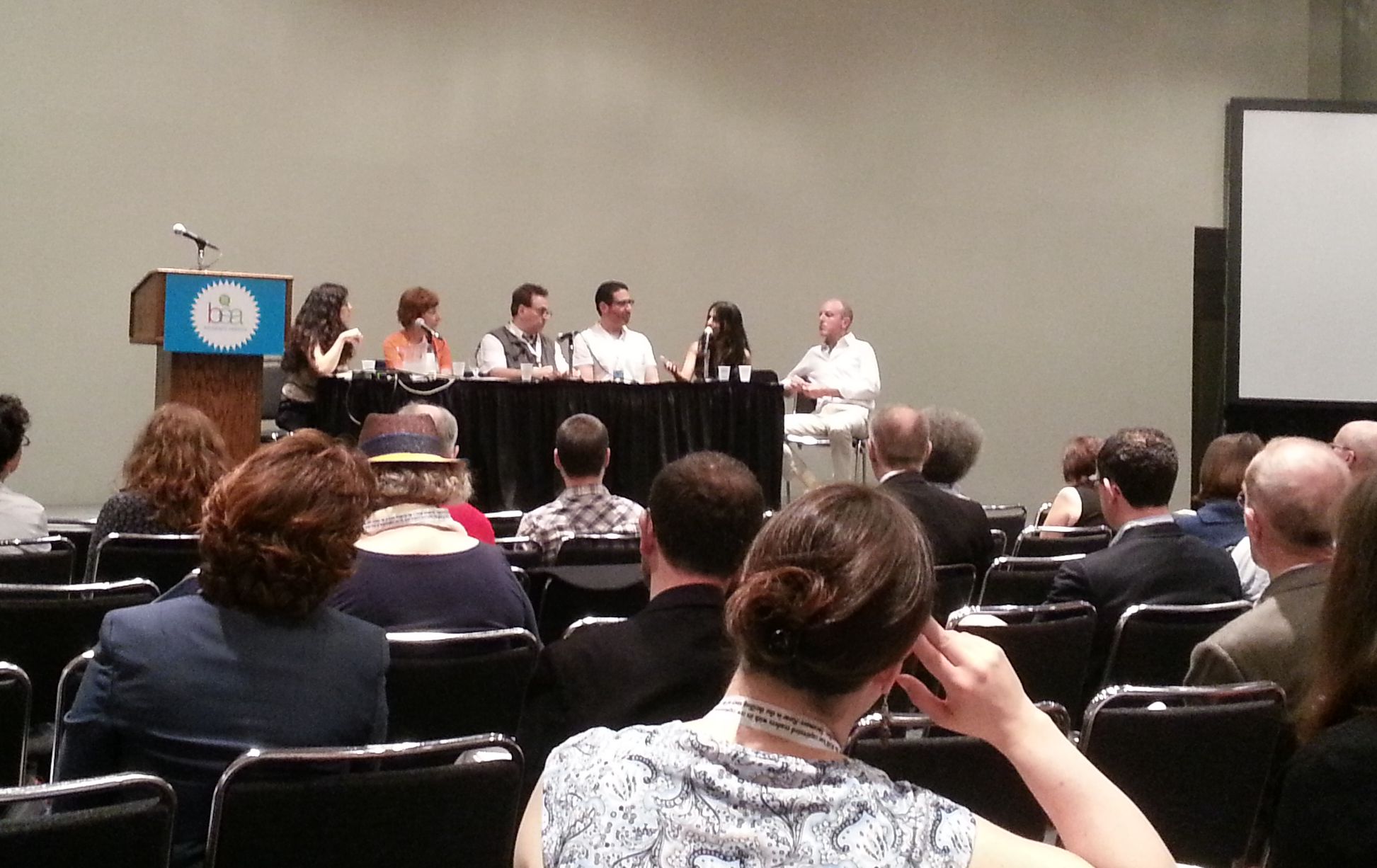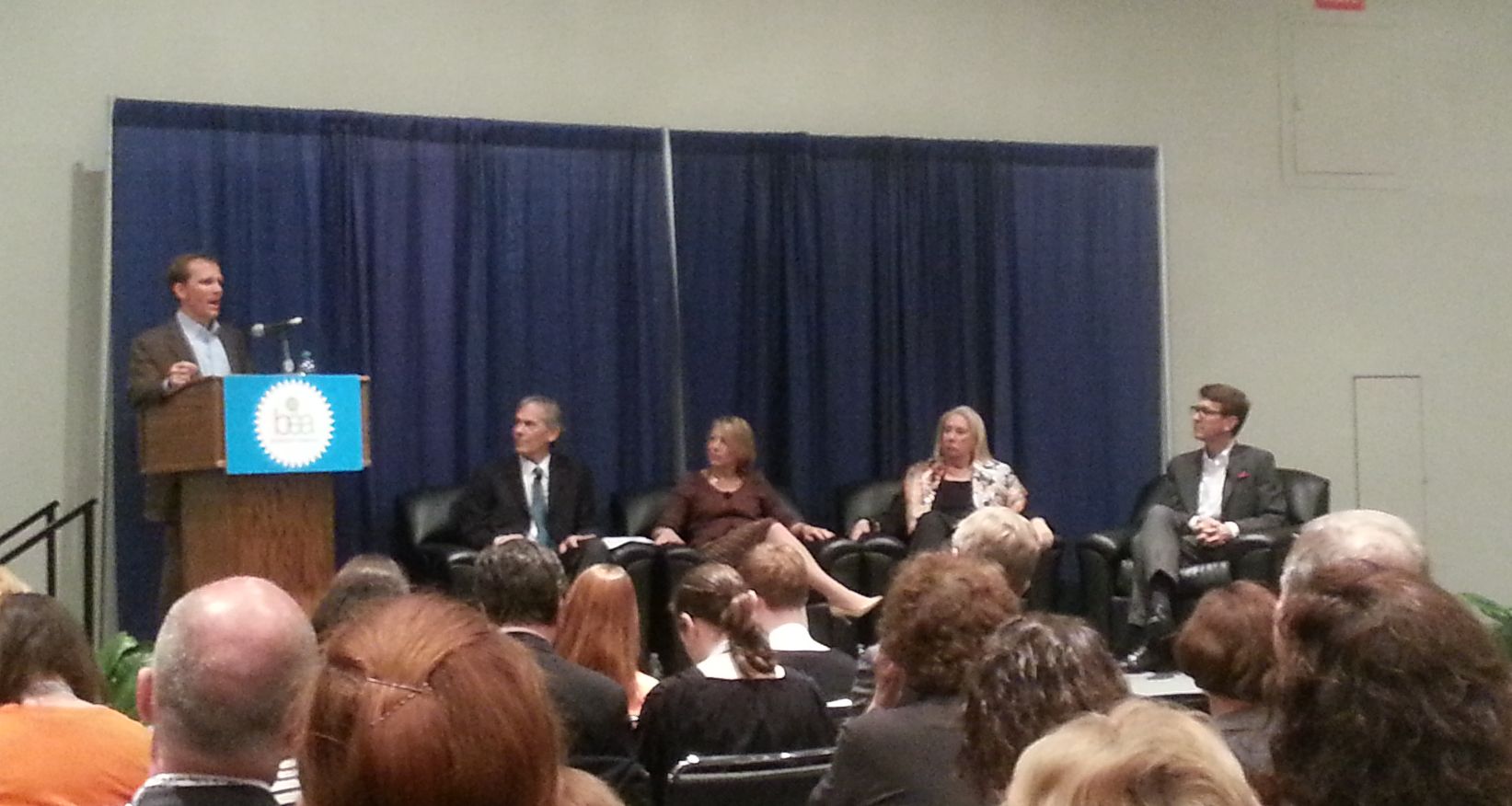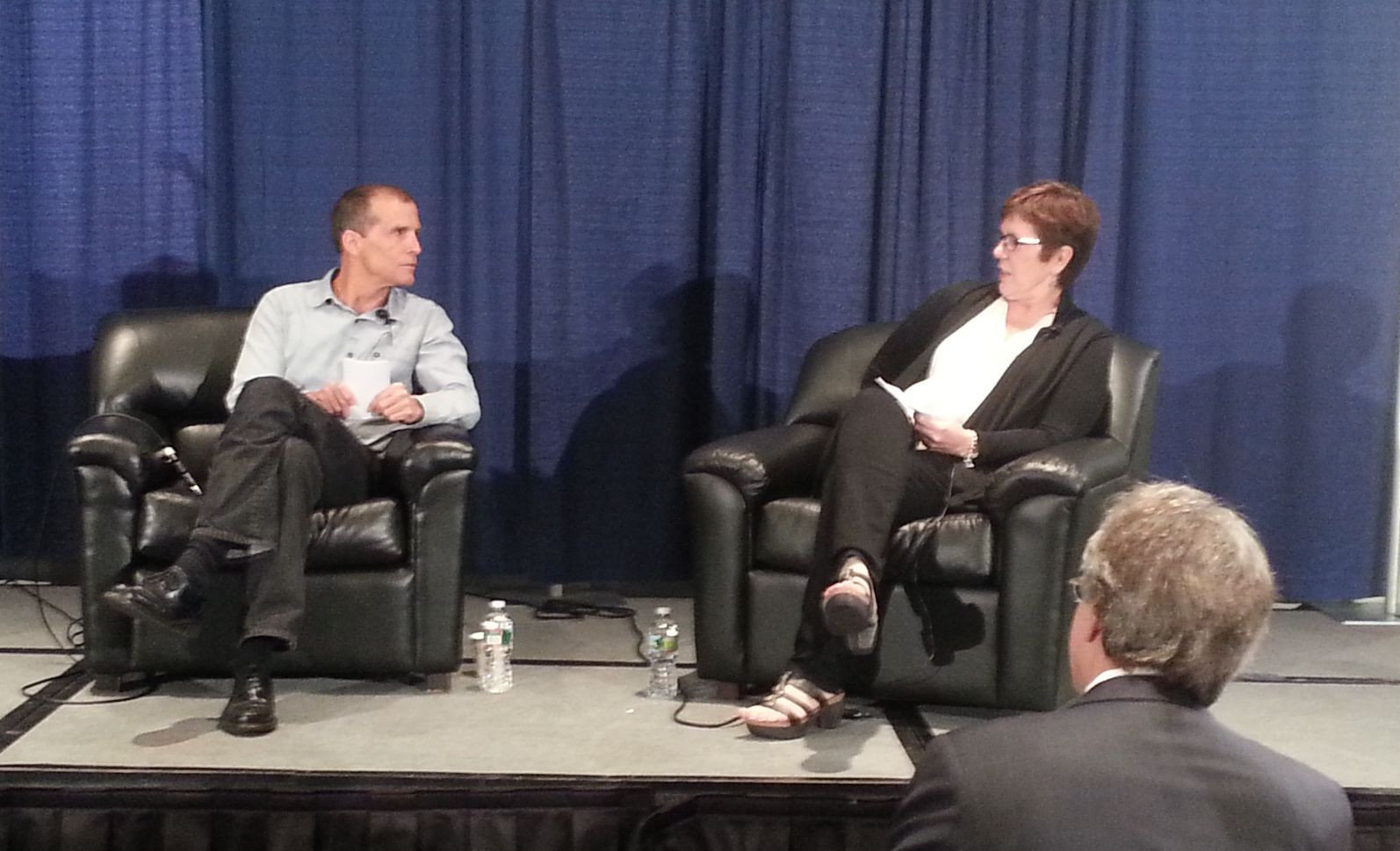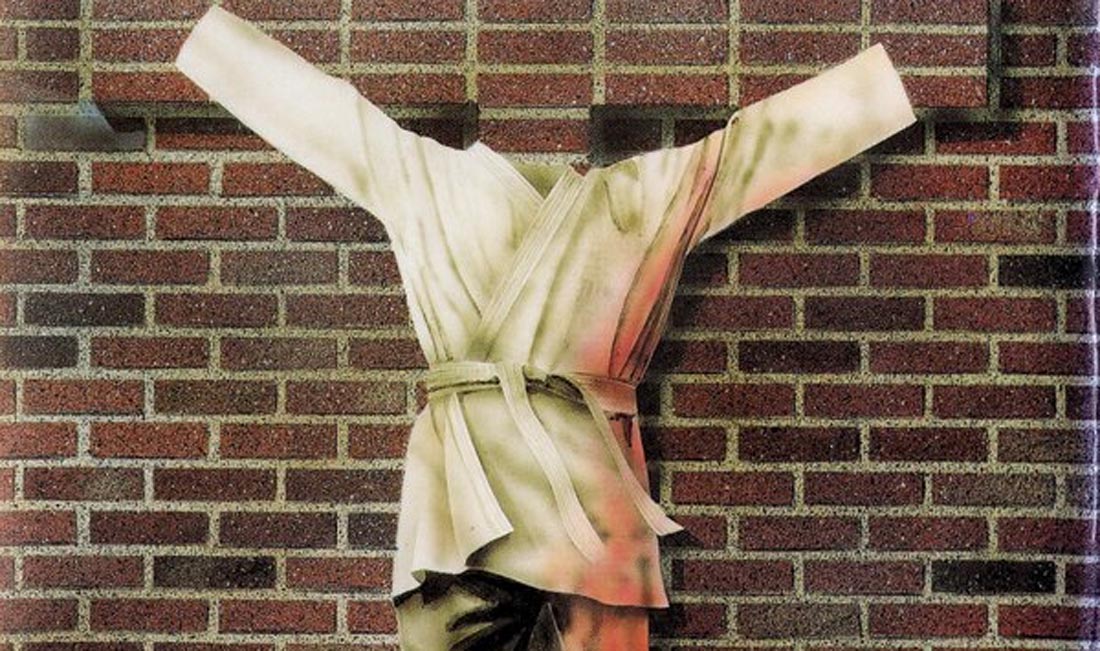I was fully prepared to ignore the National Book Critic Circle’s latest effort to organize a confab parroting prefab guidelines for how to review books, influence the few, and otherwise eat your own tail. But when I espied a Great Publishing Professional sitting on the floor in a secret access area that I am not at liberty to reveal, I abdicated my seat to this valiant soldier and proudly cried out to the Great Publishing Professional (and others), “You, sir, have decided my fate. I shall cover this panel so that you, good sir, have a physical seat to do your work!” It’s possible that I left the room with a spin on my heel, my arms gliding with the desire to hold an umbrella and leap into the air. But I must confess that the opportunity to ridicule that mendacious puffball Carlin Romano was also too ripe to decline.
But here’s the big surprise. While the panel got off to a lumbering start — ten minutes of introductions (Romano’s, of course, being the longest), reiteration of NBCC wonkery, business serving in lieu of sleeping pills — I was surprised by how smooth it ran. Indeed, it would have been drastically improved had Carlin Romano, a man so in love with himself that he seemed to think the panel was entirely about him, been rolled into the Hudson River, attempting to deliver his gant-inducing gasbag banter with his nose just above water. America the Philosophical indeed!
The panel sprang from the froth of an uncooked souffle concerning whether a universal code of reviewing ethics should be adopted to combat the “Wild West” feel of outlets that were online and offline, print and digital, short form or long form, missionary or doggy style, coffee or tea, and any other dichotomy that comes to mind when overthinking an insoluble problem in needlessly complicated terms. NPR’s Maureen Corrigan seemed to flail against this right out of the gate.
“Why would you want to read a review that was so flensed of bias that it was almost written by an automaton?” she said. She pointed out that the late, great critic John Leonard accompanied Toni Morrison to the Nobel Awards and that seeing how an interesting mind reacted to a book outweighed issues of partiality. “I certainly wouldn’t want to sign on to any kind of contract that required me to leave my biases at the door. My biases have made me worthwhile as a critic.”
After Carlin Romano rattled off points he had delivered in 2007 (and, as a source informed me, reportedly identical to a recent Romano appearance at a biographer’s conference and thus not particularly reportable here), New York Times Book Review editor Parul Sehgal stepped in to rescue the discussion from these unnecessary displays of narcissism. Citing Virginia Woolf’s reviews, Sehgal pointed to the idea of a critic creating a shared space for newer writers. Sehgal was not only the sharpest panelist, but she also valued criticism as a passionate place for expressive possibilities.
But The Paris Review editor Lorin Stein looked to criticism as a place for bright iconoclastic writing. He bemoaned “when a book review editor assigns a novel to a young novelist. I think that creates an impossible conflict of interest.” He stood against what he deemed “tepid, polite reviews.”
I am not entirely sure why agent Eric Simonoff was on the panel, but he did feel that readers of book reviews and blurbs were “pretty smart.” And he agreed with Stein that the “logrolling in our time” that has crept into a few recent publications needed to be avoided. Because this was precisely what a smart reader would detect. “When you feel the tepid poetry of someone who doesn’t want to give offense, you’re reading between the lines.”
Sehgal seemed surprised by much of this. She saw criticism as its own pleasure. “To miss the chance to write an interesting piece of writing for its own sake is what’s done.”
I have neglected to note the contributions of moderator Marcela Valdes, who I really wanted to hear more from. But she was obliged to read back recent responses from an NBCC survey on ethics. Two starkly different responses provided a conversational starting point. The first: “I think that even a very casual acquaintance can inspire undue generosity or vitriol.” The second: “I think the idea that there can be a permanent hermetic seal between author and reviewer is an ideal.” (To be clear, an impossible ideal.)
Addressing these points, Sehgal saw no problem with biases or connections, provided they were explicitly stated in the review.
Romano then raised his impatient finger, beckoning for attention like an impatient five-year-old talent show contestant who wanted to play his violin first.
“There’s one feeling I have after years of thinking,” said Romano. “Literary ethics don’t take place in a vacuum.” He pointed to “the very short memoir about the Sri Lanka woman who lost her family.”
“Sonali Deraniyagala’s The Wave,” cried out the more informed majority in the audience.
“How do you review a book like that if it’s bad?” asked Romano, who clearly had not considered the plentiful finesse established by countless critics over the last few decades. But Romano wanted to matter. He had played his violin. Now he hoped to inveigle the crowd with a few bluntly thrown Molotovs. This was BEA! This was Romano’s Moment!
“Any biases can be overcome by ruthless honesty,” said Romano. “A best friend could write a devastating review of a friend and lose that friend.” Thus, in Romano’s view, objectivity was not possible.
This led Maureen Corrigan, bless her heart, to push back against this hogwash.
“You’re not reviewing the Holocaust,” replied Corrigan. “You’re not reviewing the tsunami. We’re reviewing the book.”
Romano, clearly not listening to Corrigan, then tried to pull himself out of the choppy waters he had created for himself by suggesting that a reviewer might write that the author of a tsunami memoir “should have gone under the waves also.” It was telling how swiftly such blunt asininity sprang from the Great Carlin’s lips.
Lorin Stein had more interesting things to say about being provocative: in large part because his finger appeared more firmly on the pulse of recent newspaper developments. He and Simonoff both noted how outlets had declined in recent years. But Stein saw an equivalency between a blurb and a tepid review. “There are bad books that need to be shut down and that seems to me a very important service to do,” said Stein.
But I think Seghal best comprehended why a review’s identity was so important. “There are some reviewers I read,” said Seghal, “because I want to know how your mind works. I want to be in a space with you.”
Valdes then asked the panelists if there were any hard and fast rules. “You really have to read the whole book,” said Romano. Stein disagreed with this, suggesting that better reviews might be honed if the reviewer wrote about why she didn’t read the whole book. He wanted to avoid writing performed by people who clearly weren’t critics. Seghal was committed to getting the facts right. Corrigan wanted a review to consider a book on its own terms.
“Actually,” added Stein, “a black author said to me, ‘Goddammit, you have to stop reviewing bald white guys. If you keep doing that, you’re going to drive away readers.'”
“In some ways,” said Corrigan, “writing the short review is writing poetry.”
With that sentiment in mind, here is a haiku devoted to Carlin Romano:
Vested man falling
Ground below, boiler plate, ouch
Can’t repeat the past




